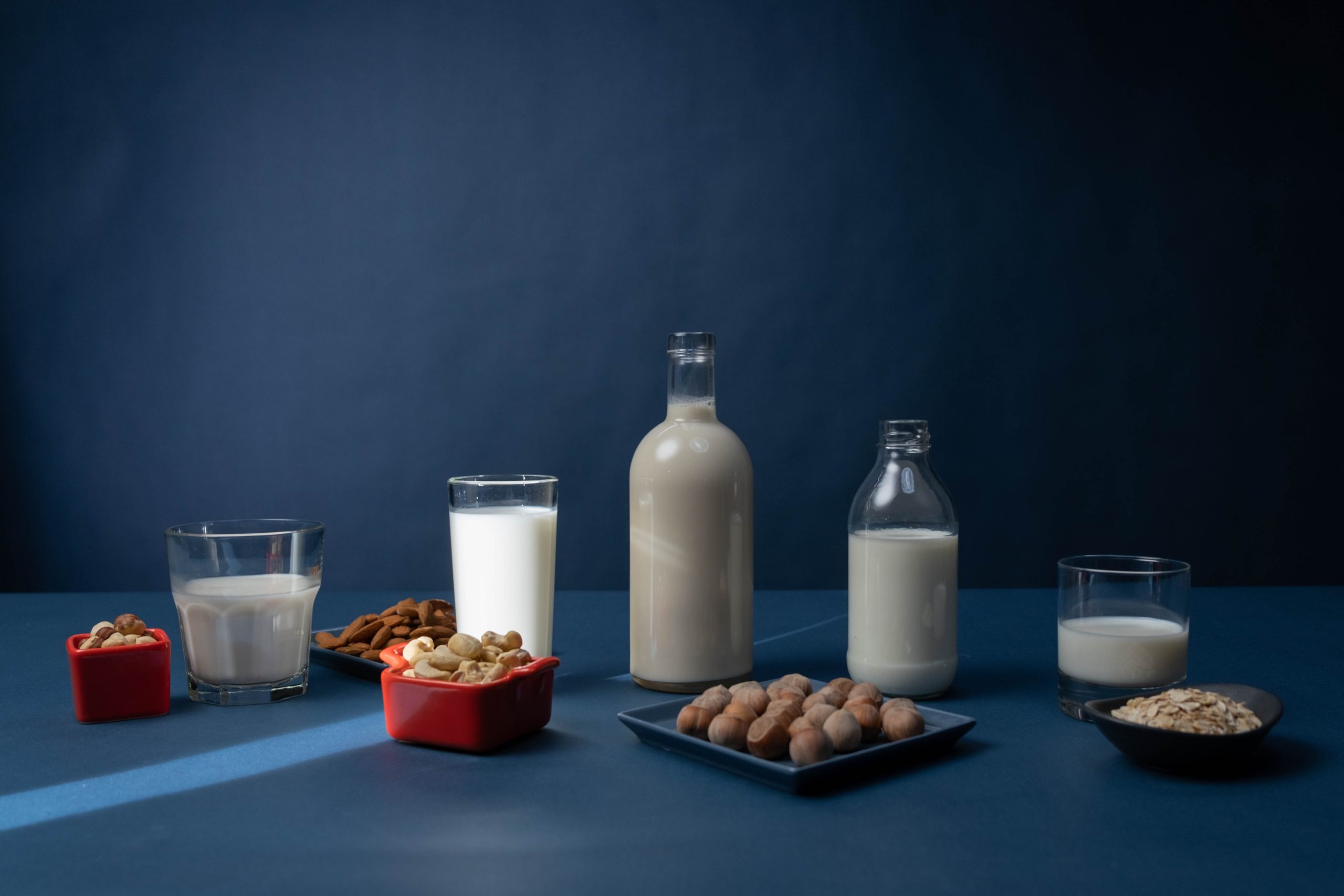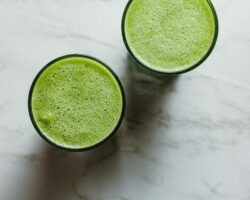Everything you need to know about a plant-based alternative to cow’s milk
A few years ago, plant-based milk was a great alternative for vegans and lactose-intolerant people. But thanks to the taste and beneficial properties of nut, soy and oat milk, they quickly gained popularity among adherents of a healthy lifestyle. Particular attention is now focused on oat milk: more recently, it can be found in most supermarkets and coffee shops. Femme4 figured out whether it is worth replacing cow’s milk with oat milk.
“The times when cow’s milk could be called an ideal source of calcium for the body are long gone. More and more people are ditching it in favor of plant-based alternatives, and there are a number of reasons for this. First, the calcium found in regular milk is not absorbed in the human body as well as calcium from plant-based drinks. Secondly, many people suffer from lactose intolerance, and drinking regular milk causes them problems with the gastrointestinal tract, and also increases skin inflammation.
Oat milk is perfectly absorbed by the body, providing it with all the necessary substances, including protein (up to 4-5 g can be obtained per serving of oat milk), fiber, B vitamins, iron, calcium, phosphorus and silicon. This drink is often recommended for those who play sports to build muscle mass, and for children who are in the active stage of growth. Also, oat milk can be advised to people with high cholesterol levels, as this type of milk contains B vitamins, which help to remove cholesterol plaques. In addition, it is recognized as an excellent antioxidant! And, of course, such an alternative milk is ideal for weight loss, as it affects the normalization of metabolism and has a low calorie content.”
WHAT IS IT
Oat milk is a product based on oat flakes or oat grains and plain water. Some manufacturers add a little sunflower oil, salt and vitamins to the drink. During production, most of the nutrients from oats remain in the water. The drink is especially suitable for people with a sensitive stomach, as it has enveloping properties.
BENEFITS OF PLANT MILK
Clean eaters love oat milk because it is much easier to absorb than nuts, so it has a relatively high amount of beta-glucan, protein, amino acids, lipid and starch components, therefore, it benefits the body.
German dermatologist and doctor of medical sciences wrote in his book “What the skin hides. 2 square meters that dictate how we live” also speaks in favor of vegetable milk and does not welcome cow milk in the daily diet. “Researchers have recently found that daily milk doping increases the sebaceous glands, promotes inflammatory processes in the body, stimulates the risk of diabetes, dementia,” the doctor writes.
A dermatologist is sure that cow’s milk contains signaling systems that trigger the growth processes of humans and animals, and it is harmful to consume milk in large quantities in adulthood. She also believes that dairy is the cause of the acne that plagues today’s latte macchiato generation.
“Mother nature hardly created cow’s milk for human needs, and certainly not in such quantities. According to the latest data, together with fresh cow’s milk, we consume about 245 bovine neurotransmitters, which can affect more than 11,000 human genes. According to recent studies, these manipulations are fraught with overgrowth of tissues, an increased risk of cancer and diabetes, an acceleration of the aging process and weight gain. Even if milk is pasteurized, it still contains a significant amount of bioactive RNA microparticles,” the dermatologist writes in the book.
To justify milk a little, it’s worth noting that some scientific studies also indicate the health benefits of this drink: it is a good source of calcium and protein. At the moment, it is considered acceptable to consume milk in a volume of no more than 200 ml per day for adults and up to 500 ml for children in the growth phase.
“Milk drinkers have a healthier alternative: switch to oat, almond, rice, coconut, or soy milk,” the expert concludes. It is worth adding that, according to scientists, fermented dairy products are for the most part not dangerous: yogurts and kefir contain many living organisms that are good for our intestines, and much less milk sugar.
WHO DOES IT SUIT
Oat milk is suitable for those who are allergic to casein (milk protein) or lactose (milk sugar) intolerant. In addition, some people suffer from breakouts due to milk, so it makes sense to replace cow’s milk with a plant-based alternative, and at the same time see how the skin reacts to it. By and large, oat milk is suitable for anyone who does not suffer from a gluten allergy.






